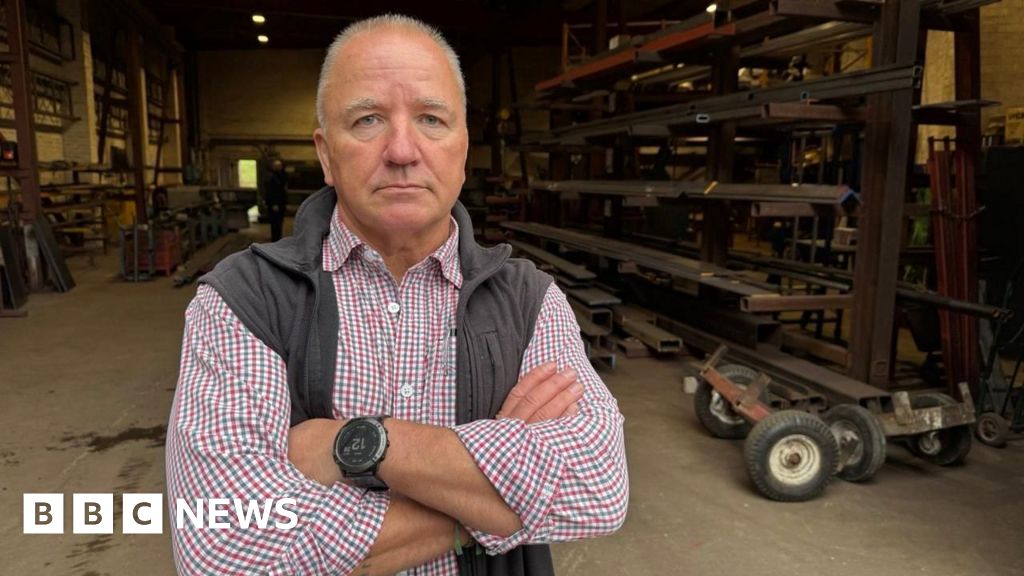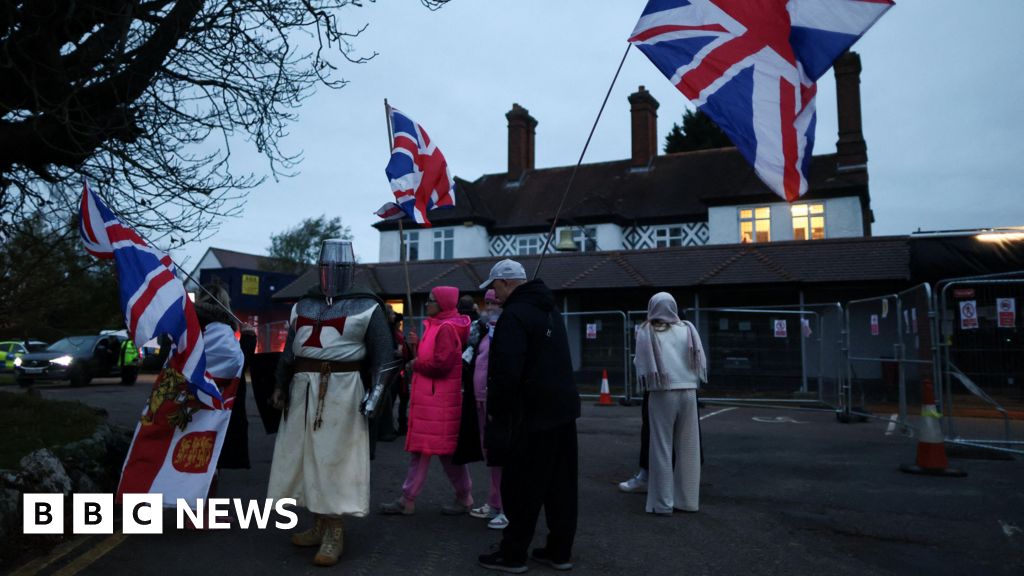 Getty Images
Getty ImagesThe government is facing questions over tens of millions of pounds owed to suppliers who worked on upgrades to three prisons in England.
At least 40 companies are believed to be owed the money for work they carried out in Birmingham, Liverpool and Dorset, before lead contractor ISG entered administration in September.
The small and medium-sized firms say they should have been protected because the Ministry of Justice (MoJ) promised to pay for the projects through ring-fenced Project Bank Accounts (PBAs).
But some businesses are now facing bankruptcy while others are threatening to take ministers to court. The MoJ declined to comment.
 Getty Images
Getty ImagesEuropean Screeding, based in Lancashire, worked on the flooring of refurbished cells from early 2024.
Sales director Dan Henshaw said the firm received payments until August 2024 but was currently owed for a month’s work, worth about £130,000.
He explained it was a “massive hit” when their gross profits were usually around £300,000.
“It’s had a huge impact,” he said. “We’ve got overheads and staff wages to pay.
“We’re still feeling the repercussions now and it’s affected cash flow massively.
“We’ve managed to stay afloat because we’re a relatively successful business but we don’t walk away with net profit every year.”
 Dan Henshaw
Dan HenshawMark Crumbie is now semi-retired but used to run Raven Project Metals based in Leicester.
A project working on the walkways at HMP Birmingham represented his biggest contract ever, and the 64-year-old hoped it would be his swansong.
But he said his former firm was still owed nearly £185,000 for about two months of work, having expected to make £75,000 in gross profit from the entire job.
Mr Crumbie said he felt “very bitter” not to have been given the protection PBAs promised.
“We were quite clearly told the money was safe,” he said.
“It was to stop another Carillion-type situation where a main contractor goes bust and takes down everyone else involved, but that’s exactly what’s happening.”

Money paid into PBAs should be handed out to suppliers almost automatically.
But administrators EY-Parthenon insisted the accounts had “nominal funds” in them when they were appointed.
It means the money was probably never paid in by the MoJ, with Iain McIlwee, from trade body Finishes & Interiors Sector (FIS), describing the situation as a “mystery”.
He said it was having a huge impact on small business owners, with some facing bankruptcy themselves and others struggling with “significant mental stress and heartache”.
“They are fighting to get back what they should have been paid 12 months ago,” he said.
“Companies are people and these are people in trouble that need the support of our government.”

FIS is supporting some of the firms owed money and helping to co-ordinate legal action alongside law firm Hill Dickson.
Sarah Emerson, a partner at Hill Dickson, said they were engaged in pre-action correspondence with the MoJ on behalf of seven firms who worked on the projects.
She said her clients were small companies who felt let down and could not understand what had happened to the money they were owed.
“They were told this was a positive thing because [PBAs] would protect them from an insolvency event,” she said.
“They are set up as a trust mechanism which means funds are ring-fenced.
“That means money in those Project Bank Accounts legally belongs to those that are due to be paid.”
 Hill Dickinson
Hill DickinsonThe Cabinet Office withdrew its guidance on PBAs in July, despite describing them as a “pioneering new way of paying supply chain members in construction”.
The BBC asked why this had happened and when new guidance could be expected but has not received a response.
A spokesperson for the MoJ said they could not comment due to the possible legal action.
EY-Parthenon’s spokesperson said: “Joint administrators were appointed by the High Court of Justice to eight companies within the ISG Group on 20 September 2024.
“The administrators are officers of the court and act in the interests of all creditors of the companies.
“The Project Bank Accounts (PBAs) had nominal funds in them when administrators were appointed and claims that funds were diverted into ISG’s insolvency estate are factually incorrect.”
















Leave a Reply